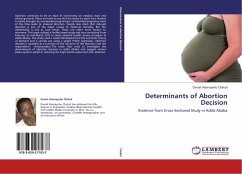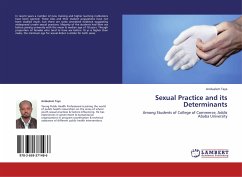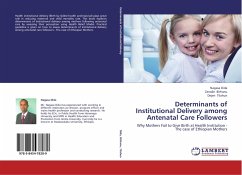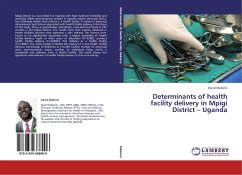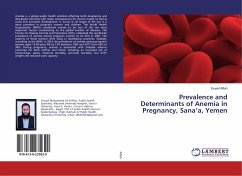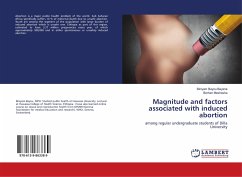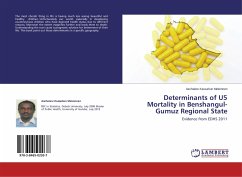Abortion continues to be an issue of controversy on medical, legal and ethical grounds. Many are hard to say that the desire to abort by a woman is mainly brought by unintended pregnancies. Unintended pregnancy most of the time leads to induced abortion. People also claim that induced abortion is one of the major causes of maternal mortality. But the relationship is not as such linear. There are other more factors to intervene. This book utilized a facility based study and was conducted from February to mid-March 2012 in seven selected health service providers in Addis Ababa. The study used a model developed from the economic theory of demand and is carried out using a simple Probit regression. Abortion decision is modeled as a function of the full price of the abortion and the respondent's characteristics. The book thus tried to investigate the determinants of abortion decision in Addis Ababa and suggest various policy options aimed at reducing the high deaths associated with abortion.
Bitte wählen Sie Ihr Anliegen aus.
Rechnungen
Retourenschein anfordern
Bestellstatus
Storno

